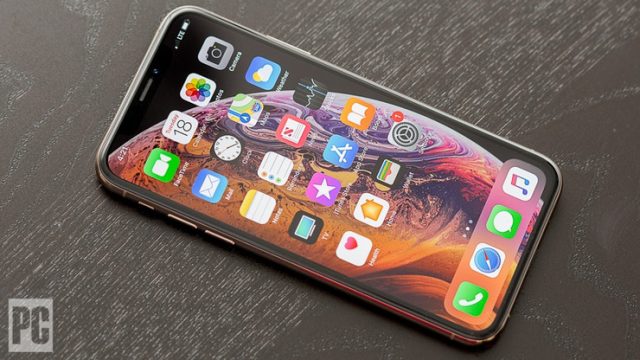This warning supposedly persists for four days and then moves to the Settings menu. After 15 more days, it’ll be moved to Settings -> General -> About, which means you only have to put up with Apple annoying you about non-genuine screens for the better part of a month before the company will deign to allow you to use your device in the manner you chose without nagging you about it.
According to Apple’s support site, the use of a non-authorized service could result in phone damage, overheating, and injury. Your multi-touch functionality might not work properly. True Tone might not function correctly. The ambient light sensor might not work. The display might be incorrectly calibrated or the brightness might not be uniform.
Apple’s documentation further implies that your device will be permanently flagged as having undergone a non-authorized Apple repair. The text states: “You might see an additional notification that says, ‘Apple has updated the device information for this iPhone.” This means that Apple has updated the device information maintained for your iPhone for service needs, safety analysis, and to improve future products.”
iFixit reports that they tested this behavior by swapping out the displays on several iPhone 11 models. The warnings weren’t present in iOS 13 betas or the final version of iOS 13 that shipped with the iPhone 11, but it’s baked into the iPhone 13.1 iOS version that’s now being distributed.
Of course, Apple hasn’t actuallybaked anything into the device that can detect whether an authorized screen has been used. iFixit still saw the same message when swapping iPhone 11 displays with other, 100 percent legitimate, Apple-manufactured iPhone displays.
The problem is, without the software tools required to authorize the repair, the message is still shown. Even swapping the FaceID hardware along with the display doesn’t make the message go away.
Apple recently announced that it was going to begin opening up its process for authorizing more repair shops to become Apple-authorized resellers, but in the past, the repair programs Apple created for third-party shops did a remarkably poor job of actually providing useful service.



















